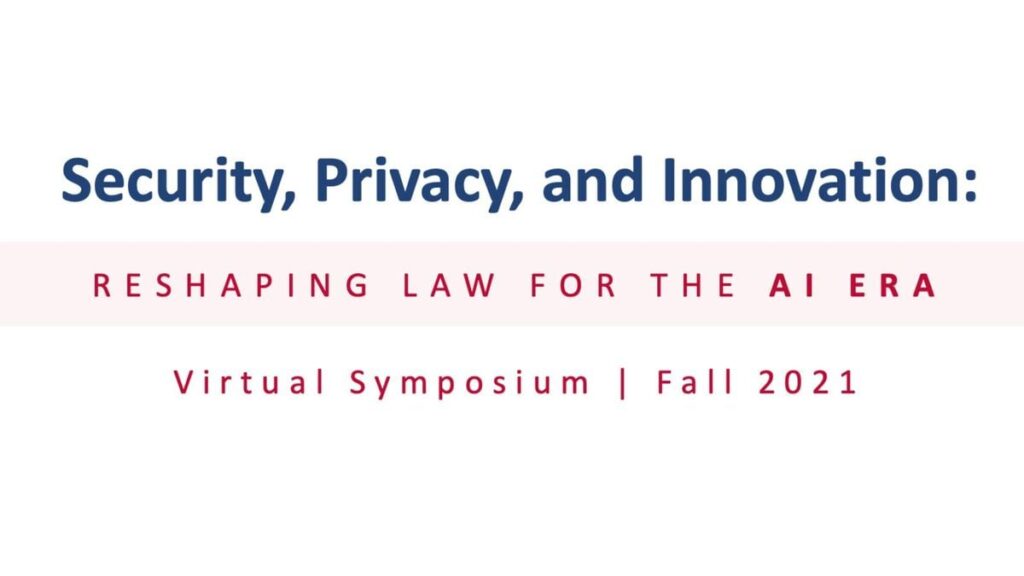The ongoing discourse regarding data privacy and security has gained momentum recently, particularly with advancements in artificial intelligence (AI) and the introduction of government regulations. With an upcoming symposium at Maharashtra National Law University (MNLU) dedicated to these topics and rising concerns from public figures, the discussion surrounding digital rights has never been more pressing.
On April 5, 2025, MNLU Mumbai will organize a Symposium on Artificial Intelligence: Privacy, Security, and Intellectual Property Rights (IPR) at its Powai campus. This event is designed to bring together experts, academics, policymakers, and industry leaders to examine the intricate relationship between AI advancements and regulatory challenges. Key topics include the protection of data privacy, cybersecurity risks associated with AI, and the imperative to revise intellectual property laws to reflect AI-created works and technologies.
The symposium will address themes like the need to harmonize innovation with privacy regulations and the implications of the Digital Personal Data Protection (DPDP) Act on e-commerce. This focus comes in response to worldwide concern about data-centric privacy regulations spurred by AI developments.
Tech companies are feeling the pressure as consumer trust declines. Journify, for instance, has raised $4 million in funding to advance its aim of delivering ethical, data-driven marketing solutions. Co-founded by Taoufik El Jamali, Journify seeks to alleviate rising customer acquisition costs, which have surged by 200% in the last decade. The platform aims to enhance marketing performance through AI-driven real-time data activation while adhering to privacy-first regulations.
El Jamali emphasized, “We built Journify to eliminate these pain points, providing a seamless, AI-powered data activation solution.” This focus is especially relevant as marketers are tasked with organizing fragmented data sources while ensuring compliance, emphasizing the industry’s shift towards sustainable growth without compromising consumer data protection.
Controversies also blur the tech landscape, as highlighted by Joe Rogan’s strong criticism of Apple’s decision to remove end-to-end encryption from iCloud services in the UK. This change was made under pressure from the British government, allowing law enforcement access, which has ignited widespread fears regarding user privacy.
Rogan utilized social media to question whether Google had made similar compromises with Android. He stated, “This is insanely f—– up, but the question is, did @Google do the same thing with Android?” Google swiftly addressed these concerns, asserting that, “Android backups are encrypted, and no one can access them except you.” Rogan acknowledged their response and thanked Google. In the discussion on Rogan’s podcast, both he and Elon Musk emphasized the “illusion of privacy” today, highlighting apprehensions about government surveillance and the extent of control users have over their communications.
This back-and-forth over Apple’s choices underscores the fragile balance between consumer privacy and government authority. While Apple’s previous refusal to construct backdoors was seen as a commitment to user security, its recent decision to disable Advanced Data Protection could set a troubling precedent for tech responses to future governmental requests. Rogan’s response resonates with numerous tech users who feel they are surrendering control of their personal data amidst governmental overreach. It is imperative that tech companies navigate compliance carefully, addressing both consumer needs and rights.
As forums like the MNLU symposium aim to engage legal scholars and industry experts, these events play a crucial role in shaping policy discussions around AI and data protection laws. As concerns over personal data security grow alongside the rapid expansion of AI, accountability remains a top priority for consumers. The responsibility lies with tech leaders and policymakers to robustly protect digital rights, even as they manage the intricate challenges presented by the AI era.




